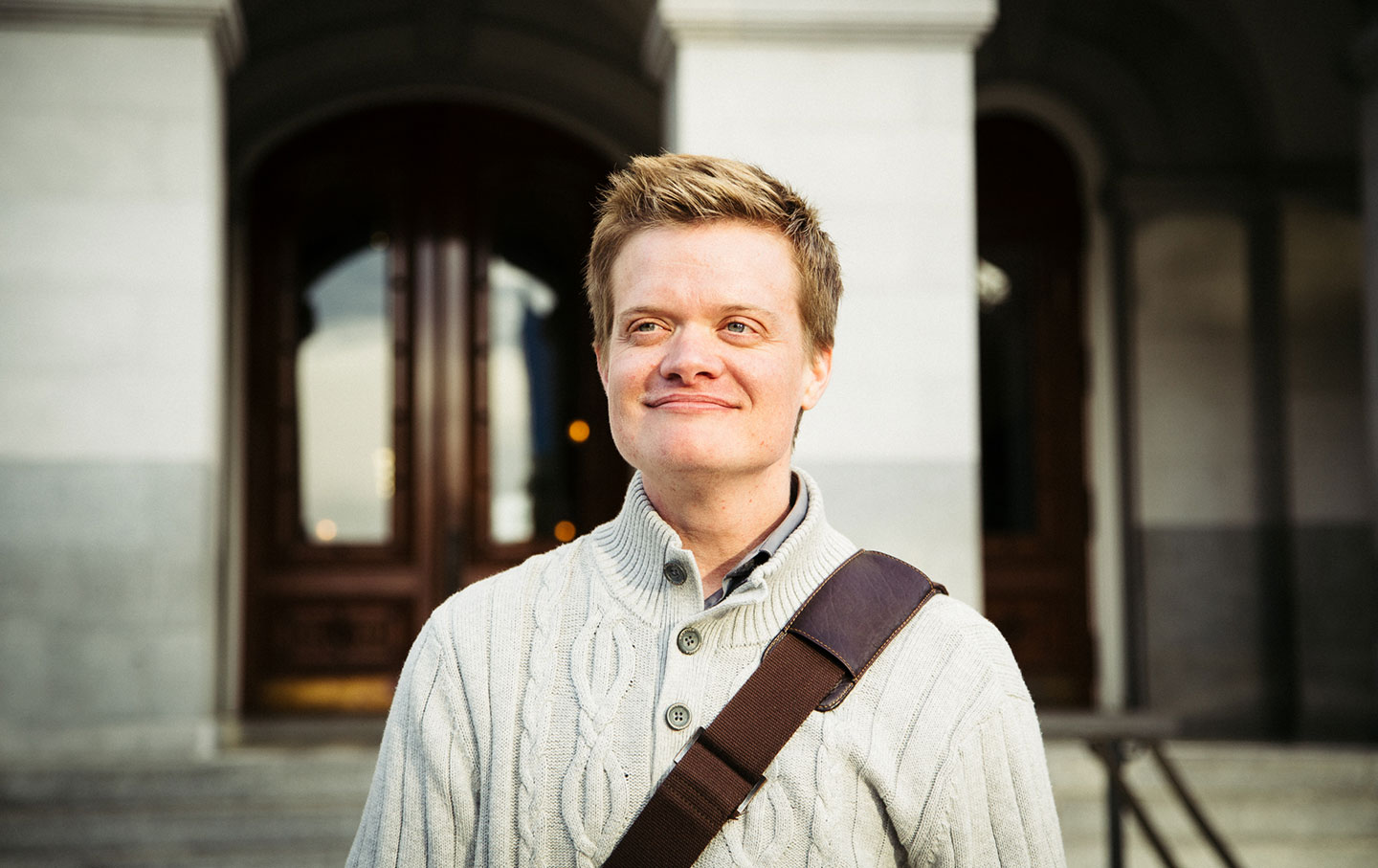A California Court Dealt a Blow to Religious Liberty. It’s Time for SCOTUS to Act.

The California Court of Appeals ruled that a transgender patient can sue a Catholic hospital for refusing to perform a hysterectomy.
Yesterday, the California Court of Appeals issued a truly remarkable opinion in a truly remarkable case. It held that a Catholic hospital could indeed face legal liability for failing to perform a hysterectomy as part of a female-to-male “transition” — even though its policy broadly bans sterilization surgery generally (not just for trans individuals) and even though the hospital referred the patient to a non-Catholic facility in the same network. The patient obtained the hysterectomy a mere three days after the originally scheduled surgery date and sued anyway.

The facts of the case are simple. The plaintiff, Evan Minton, initially scheduled a hysterectomy for August 30, 2016, at Mercy San Juan Medical Center (part of the Dignity Health hospital network) as a treatment for gender dysphoria. Mercy is a Catholic hospital, and the day before the scheduled surgery, Mercy canceled the procedure. It cited the United States Conference of Catholic Bishops’ “Ethical and Religious Directives for Catholic Health Care Services.” As the court noted, “The Directives prohibit direct sterilization and require that bodily and functional integrity be protected and preserved.”
In other words, a Catholic hospital was upholding basic Catholic religious doctrine.

Mercy’s president then recommended that Minton’s doctor obtains emergency admitting privileges at nearby Methodist Hospital, which is also a Dignity Health facility. The doctor obtained privileges and performed the surgery on September 2, 2016. Minton then sued Dignity Health, claiming that he was the victim of gender identity discrimination.
The trial court dismissed his complaint, but yesterday the California Court of Appeals revived his claims. It held that Dignity Health could protect the religious liberty of its Catholic institutions only if “it can provide all persons with full and equal medical care at comparable facilities not subject to the same religious restrictions.”
It also held that even the short, three-day waiting period between the initially scheduled surgery at Mercy and the actual surgery at Methodist did not constitute “full and equal medical care.” Instead, the court wrote, the plaintiff “experienced a startling and painful notification that the surgery would not go forward.” When the plaintiff’s surgery was canceled, “he was subjected to discrimination.”

Note the burden this ruling places on Catholic institutions — they will be compelled to provide care unless they actively facilitate the provision of care elsewhere, and even the briefest delays are legally intolerable.
The case was decided under California state law, by a California appeals court, applying a California statutory and constitutional analysis. But the federal constitution applies here as well, and that brings me to the Supreme Court. This upcoming term it can decide a case that could and should transform the fight for religious liberty and decisively protect the right of religious institutions to uphold church teachings in the provision of their public services.
That case is called Sharonell Fulton v. The city of Philadelphia and the pending cert petition challenges the city’s punitive actions against Catholic Social Services based on CSS’s refusal to “provide written endorsements for same-sex couples which contradict its religious teachings on marriage.” While Fulton and the California case are obviously not identical, a ruling protecting religious liberty in Fulton would create a federal precedent that the California state court would be required to consider.
Moreover, the petitioners in Fulton are asking the Supreme Court to correct a historical wrong. They’re asking the court to reverse Antonin Scalia’s great mistake — his opinion in Employment Division v. Smith that gutted the Free Exercise Clause of the First Amendment and greatly expanded state authority over religious individuals and religious institutions.
At present, blue states across the United States are attempting to use expansive nondiscrimination to coerce religious institutions to violate their religious principles as a condition for providing charitable or commercial services in their states. Even in the absence of evidence that any LGBT person has been denied access to adoption services or medical care, states are still bringing down the hammer.
For example, in Fulton, the city took action against CSS even though not one LGBT couple had approached CSS for foster services from its opening in 1917 through the filing of the case in 2018. In the California case, the court ruled that there could be actionable discrimination even though the LGBT plaintiff obtained the services he sought from the defendant in the case.
Given these facts, it often appears as if activist states (and their activist allies at, for example, the ACLU) are less interested in ensuring that LGBT patients and families have access to care or services (which they do) than in bringing religious organizations into compliance with the moral mandates of the sexual revolution.
Make no mistake, there are times when religious-liberty claims should yield to nondiscrimination statutes. The Supreme Court was right to decide in Newman v. Piggie Park Enterprises that it was “patently frivolous” for a South Carolina restaurant to argue that the Free Exercise Clause protected its policy of excluding black customers.
California and Pennsylvania in 2019 are nothing like South Carolina in 1968, and it’s past time to stop treating modern religious institutions as if they’re the harbingers of a new Jim Crow. Our nation has room for religious and secular institutions, and it should be beyond the power of the state to coerce religious institutions to compromise on conscience — especially when there is evidence that patients and families enjoy access to alternative choices.
It’s time, this term, for SCOTUS to step up and draw a line in the sand. It should grant cert in Fulton and repair free-exercise jurisprudence. The state may encroach no farther on the constitutional liberty of religious institutions.

